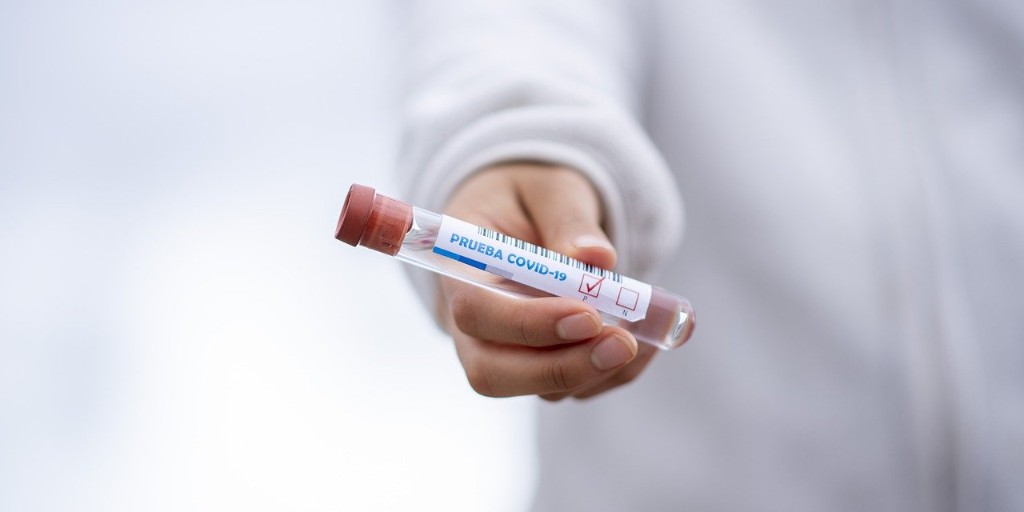COVID-19 antibodies can disappear in non-symptomatic individuals

Improve quality of care, achieve business goals and stay up to date on the latest COVID-19 advancements with Optometry Times® COVID coverage. Written by top doctors and experts in the optometric field, we offer trustworthy and knowledgeable insights into cutting-edge and timely eyecare topics. Check back daily and make us your ultimate guide to practice management in the time of COVID-19.
Bookmark our COVID-19 page to explore our latest COVID-19 coverage:
https://www.optometrytimes.com/clinical/covid19
Those who develop COVID-19 antibodies after becoming infected may not keep them for more than a few months, a Chinese study shows, and antibodies are less likely to stick around in those who showed no symptoms to begin with.1
Previous studies found that most who became infected with COVID-19 developed antibodies. Health departments around the world have been administering antibody tests as a way to prove a person has already had the coronavirus.
Scientists in the Wanzhou district of China studied 37 people who became infected with the coronavirus and showed symptoms and 37 people who became infected and showed no symptoms, according to the study published in the online journal Nature Medicine.
Some 8 weeks after recovery, antibody levels fell to undetectable levels in 40 percent of asymptomatic people and 13 percent of symptomatic people.
Neither T cells nor B cells were measured in the study.
Researchers tested for two types of antibodies: immunoglobulin G (IgG) and immunoglobulin M (IgM).
The decrease in detectable antibodies was sharp after 8 weeks, with a 71 percent median drop for IgG levels in the asymptomatic group and a 76 percent median drop in the symptomatic group, according to the study.
The findings call into question the idea of “immunity passports,” which some countries want to issue to people who test positive for antibodies. These people would be allowed to go back to work and travel because they are supposedly immune to the virus.
“Together, this data might indicate the risks of using COVID-19 ‘immunity passports’ and support the prolongation of public health interventions, including social distancing, hygiene, isolation of high-risk groups, and widespread testing,” the authors wrote.
References
1. Long Q, Tang X, Shi Q, Li Q, Deng H, Yuan J, Hu J, Zhang Y, Lv F, Su K, Zhang F, Gong J, Wu B, Liu X, Li J, Qiu J, Chen J, Huang A. Clinical and immunological assessment of asymptomatic SARS-CoV-2 infections. Nat Med (2020). Available at: https://www.nature.com/articles/s41591-020-0965-6. Accessed: 6/23/20.
Newsletter
Want more insights like this? Subscribe to Optometry Times and get clinical pearls and practice tips delivered straight to your inbox.